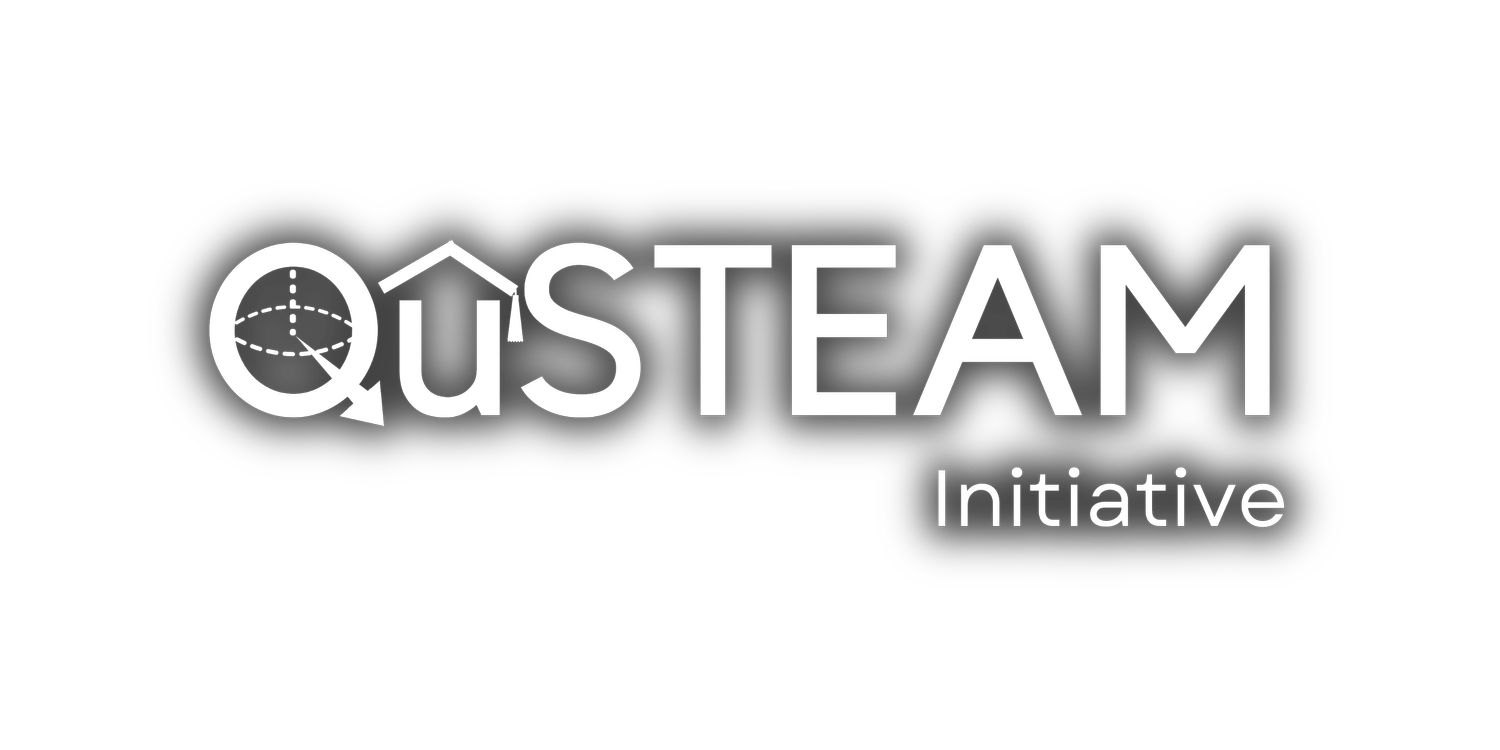How faculty enablement strategies can improve diversity in quantum education
Efforts to increase diversity in quantum information science education often centre on individual minority students. The co-founder of the IBM-HBCU Quantum Center argues that more resources should go towards faculty enablement strategies targeting schools with a proven track record of graduating minorities in STEM.
Harvard University has been an important contributor to quantum computing research for decades, but it was only recently, in April 2021, that the university established a formal course of study in the field. That programme, a PhD in quantum science and engineering (QISE), makes Harvard one of just a few schools worldwide — no more than 15 or 20 in total — to offer a doctorate centred on quantum computing and QISE more broadly.
As this field rapidly matures, we need more schools to start building similar programmes at every educational level. But what kinds of schools will we see at the forefront of the quantum revolution? And, more importantly, who will these institutions serve?
Quantum computers could soon enable us to solve problems in fields such as drug and materials discovery that are intractable to classical computation. But we will need a diverse quantum workforce to ensure that our use of the technology is ethical and equitable. I have spent years working to build that workforce as one of the founders of the IBM-HBCU Quantum Center1, an IBM Quantum initiative that partners with historically Black colleges and universities (HBCUs) to bring QISE research opportunities to minority communities.
In that time, I have found that the field’s diversity efforts are often overly focused on students, and on building pipelines that will shuttle, at the individual level, minority students to education in quantum. It is comparatively rare to see efforts aimed at the many minority-serving institutions (MSIs) that have already spent decades successfully educating minorities in STEM.
These institutions have produced an outsize portion of the minority STEM professionals we see in the field today, and in many cases have done so despite facing serious, systemic disadvantages in terms of funding and infrastructure. I believe that if we want to see more students of colour preparing for careers in QISE, we must focus more of our efforts on the incredible MSIs, and especially the MSI faculty, already making that happen. There is some good work occurring in this area to be sure, but there is a lot more that we can do.
